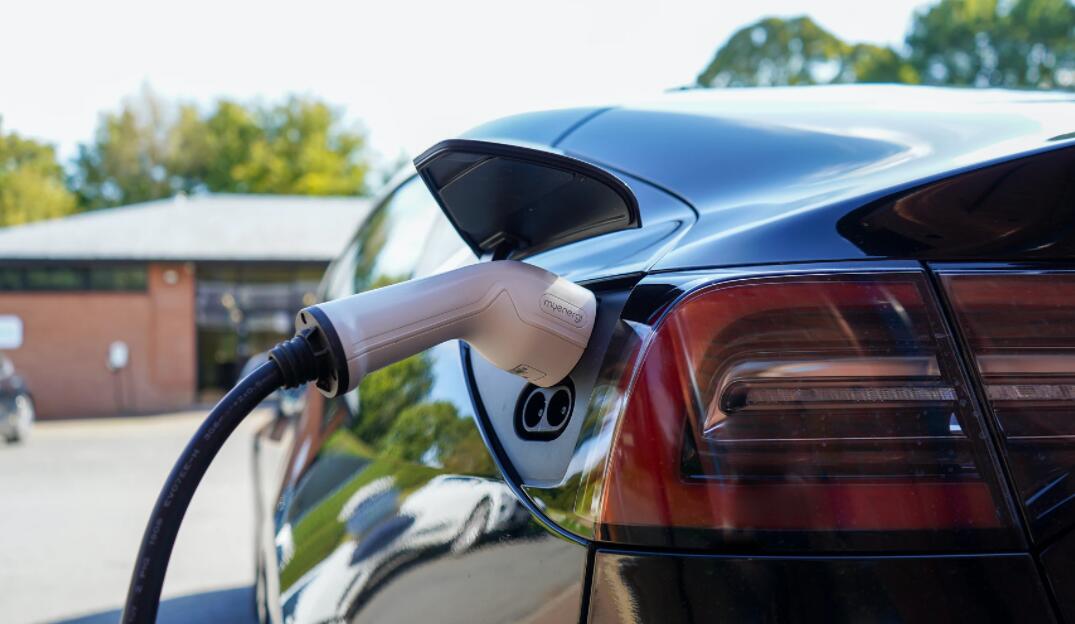A number of car companies have announced timetables to stop producing fuel-powered vehicles in response to global pressure to reduce carbon emissions, with German car-making giant Volkswagen the latest.
Klaus Zellmer, V a member of the board for sales and marketing at Volkswagen's passenger cars brand, said in an interview with the Münchner Merkur that the company will exit the European internal combustion engine market between 2033 and 2035.
Volkswagen will stop producing fuel-fired vehicles "a little later" in the United States and China, and even longer in South Africa and Africa, Zellmer said.
Zellmer also said that Volkswagen will achieve carbon neutrality for all new production vehicles by 2050 at the latest.
According to AFP, Volkswagen will accelerate its transition to electric vehicles, announcing in March that it will aim to achieve 70 percent of its total European sales of electric vehicles by 2030.
Volkswagen subsidiary Audi announced last week that it will launch only new all-electric models from 2026 and stop production of internal combustion engine models by 2033 at the latest.
However, its fuel-fired vehicle sales suspension does not include the Chinese market. Audi believes that there is still demand for fuel vehicles in China, and it is possible that Audi will use locally produced fuel models to supply the local market after 2033.
Another reason for Volkswagen's accelerated transition to electric vehicles is that the German car manufacturing giant faced lawsuits in several countries and regions for its September 2015 diesel emissions testing fraud scandal, which involved about 11 million diesel vehicles worldwide.
Volkswagen has paid a huge settlement and its reputation has been severely damaged.
The European Union is scheduled to announce stricter CO2 emission targets and regulatory proposals on July 14 that could push automakers to accelerate the transition to electric vehicles.

(Source: Unsplash)



